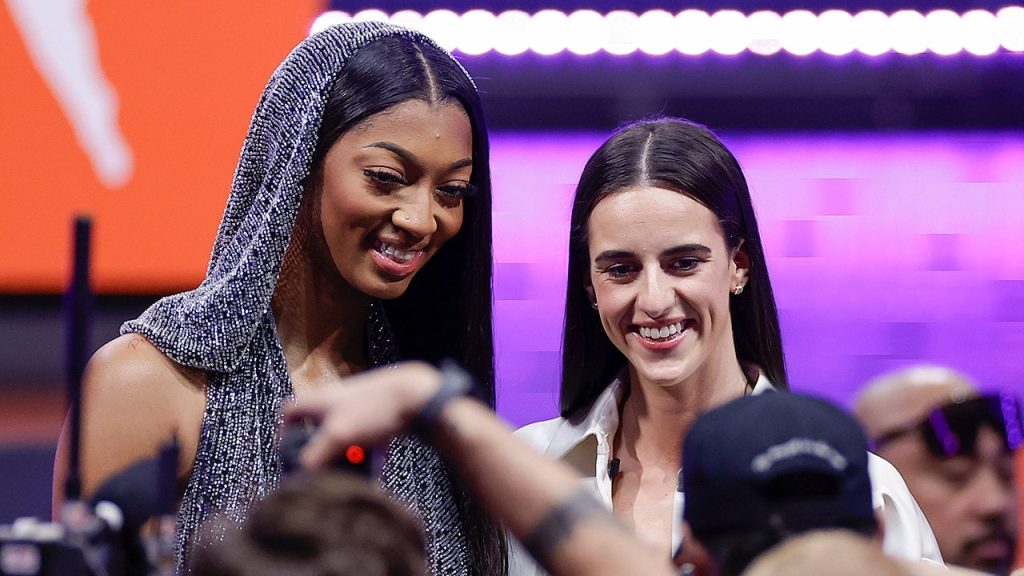The WNBA Draft sparked a conversation about player salaries as it was revealed that rookie Caitlin Clark will earn around $337,000 over four years with the Indiana Fever. Jemele Hill, a columnist and former ESPN personality, criticized the comparison of WNBA salaries to those of the NBA, calling it a form of misogyny. She highlighted the years of investment and media coverage that the NBA has received, emphasizing the need to support the WNBA rather than belittle its players’ salaries.
The salary structure for WNBA players includes $76,535 for the rookie season with the potential of earning $97,582 if the team picks up the fourth-year option. Players also receive additional benefits such as a free apartment and car. However, many players still choose to play overseas during the WNBA off-season to supplement their income. Hill condemned the weaponization of this salary information against WNBA players, urging fans to support the league through merchandise purchases, game attendance, and television viewership.
Amidst the debate around WNBA salaries, prominent figures such as former President Joe Biden and NFL quarterback Russell Wilson have called for female athletes to receive fair compensation. Spotrac’s Michael Ginnitti highlighted the challenges in revenue sharing that affect WNBA player compensation, noting that while overall revenue is increasing, players’ ability to capitalize on it remains limited. Change is necessary to ensure fair and equitable compensation for WNBA players.
Despite the ongoing discussion about player salaries, athletes like Caitlin Clark have the opportunity to earn endorsement money through name, image, and likeness (NIL) deals. Clark has secured deals with companies such as State Farm, Panini America, and Nike, showcasing the potential for athletes to leverage their personal brands for financial gain. The WNBA as a whole has experienced growth in viewership and attendance, with the 2023 season being the most watched regular season in 21 years and seeing a 16% increase in attendance compared to the previous year.
Moving forward, it is essential for the WNBA and its stakeholders to address the disparities in player compensation and revenue sharing. The league’s continued success and growth depend on ensuring that players are fairly compensated for their contributions. By supporting and investing in the WNBA, fans can help create a more equitable and sustainable future for women’s professional basketball in the United States. Efforts to increase revenue sharing and provide opportunities for athletes to leverage their personal brands will be critical in advancing the financial well-being of WNBA players.


